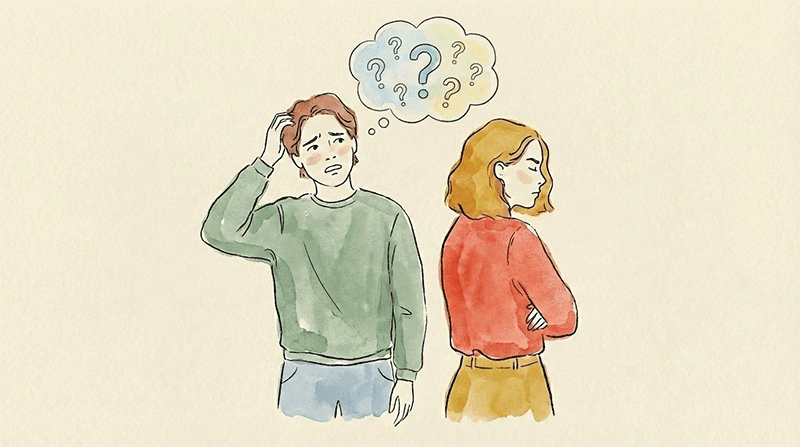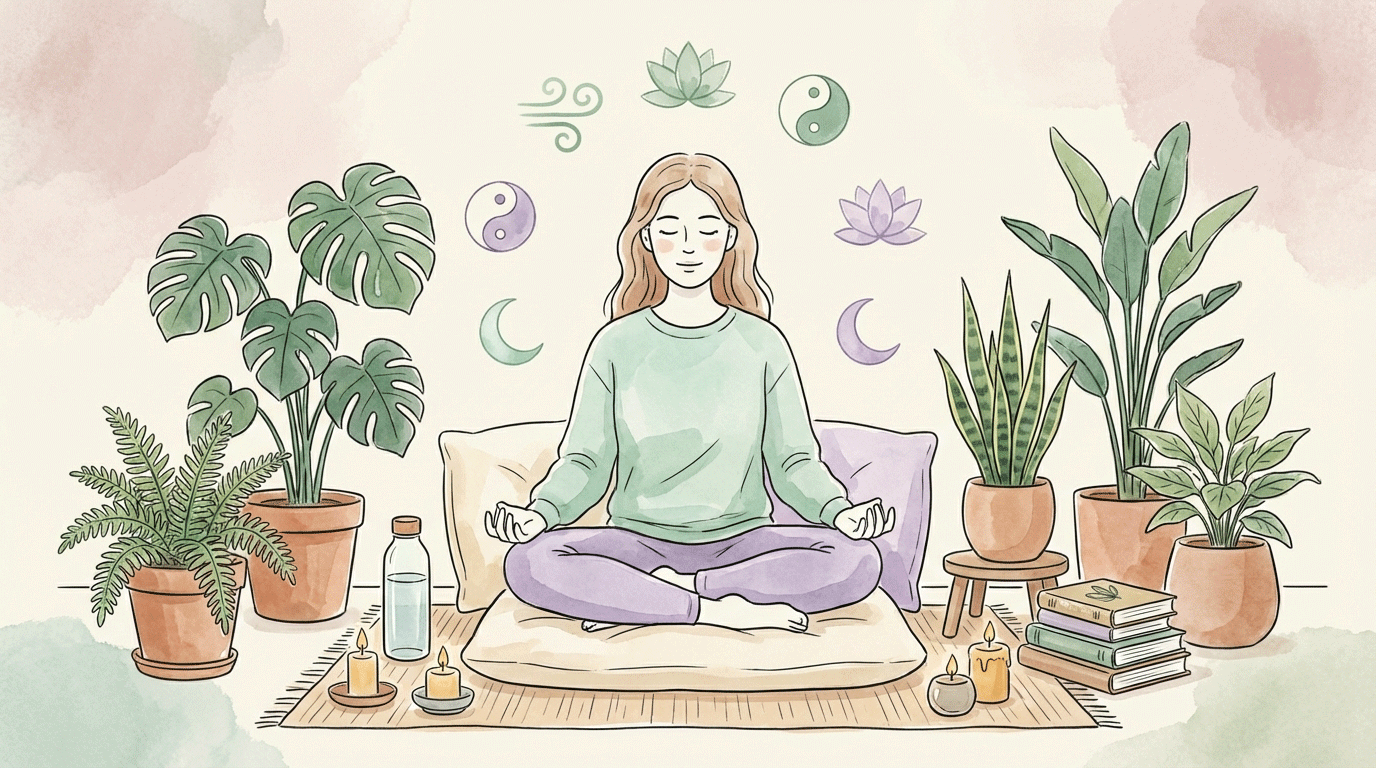The Therapist Finder
Finding the right therapist or counsellor for you
ⓘ For nearby results, tap the location icon
Get the help you need
What do you need help with?
If you are facing emotional or psychological challenges, finding the right support should feel straightforward. Whether you are dealing with stress, low mood, relationship strain, or more complex conditions such as obsessive compulsive disorder, The Therapist Finder helps you connect with qualified professionals across the UK through our trusted therapist directory. Use us to find support for:
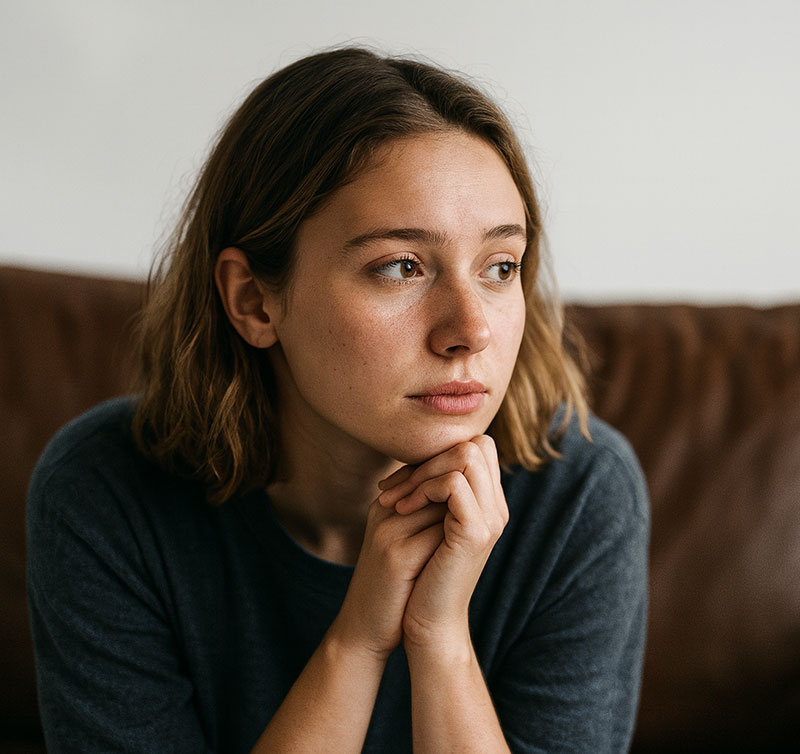
Anxiety & depression
Support for overcoming feelings of worry, stress, or hopelessness.


Relationships & couples therapy
Improve communication and rebuild trust in your relationships.

Neurodiversity (e.g., ADHD, Autism)
Support for neurodivergent individuals to thrive in their unique ways.

Various support options available
Specialising in mental health and other types of therapies
The Therapist Finder connects you with professionals who specialise in counselling, psychotherapy, and a wide range of evidence-based approaches designed to treat emotional and behavioural difficulties. Many are registered with a recognised professional organisation and hold accredited status, giving you reassurance about their qualifications, ethics, and commitment to ethical standards. You can review each specific therapist, learn about their background, and understand how their practice may support your needs.
Our therapist directory includes professionals who work with adults, couples, and child clients, offering services both in person and online. All our therapists meet clear membership standards and maintain ongoing professional development, ensuring they remain trained and accountable. Whether you are seeking support for identity concerns, confidence issues, or complex mental health risk factors, you can make an informed choice.
The support you need
How talking therapies can help you
Talking therapy provides a structured space where you can speak openly, reflect safely, and engage in meaningful change. A trained therapist will begin with an assessment to understand your situation, explore your symptoms, and agree clear goals. This process supports you as a patient, helping you recognise patterns that may be affecting your wellbeing.
Over time, therapy can help you build resilience, strengthen relationships, and manage emotional strain more effectively. Whether you self-refer or your doctor has suggested support, you remain in control of the process. Many people find this approach helpful when facing personal or professional challenges for the first time.

Find the right clients
Are you a therapist? sign up now for a 6 month FREE listing
If you are a qualified therapist looking to grow your practice, The Therapist Finder offers a professional platform to connect with new clients across the UK. Our therapist directory allows you to showcase your qualifications, areas of expertise, and approach, making it easier for potential clients to contact you directly by phone or secure message.
We provide a six-month free listing so you can experience the benefits before you pay for ongoing visibility. This opportunity supports therapists who want to expand their reach, build confidence in digital marketing, and strengthen their professional membership profile. Join The Therapist Finder and become part of a trusted network.
Why choose us?
Here is why
The Therapist Finder connects you with highly specialised therapists tailored to your specific needs—whether it’s anxiety, relationships, trauma, or more. With clear profiles and easy search filters, finding the right support has never been simpler. Start your search today.
Is therapy right for me?
Understand the signs that therapy could help and what to expect from the process.
Different types of therapy
From CBT to psychodynamic therapy—find out which approach might be best for you.
What to expect ?
Feeling nervous about starting therapy? Here’s what typically happens in your first appointment.

Professional guidance
Our therapist directory can get you the right support from the first session
Choosing the right therapist can shape your entire therapeutic journey. Our therapist directory allows you to compare profiles, understand experience, and select someone aligned with your needs from the outset. Clear information about cost, availability, and approach helps you decide what you can afford and what suits your circumstances.
The Therapist Finder simplifies the search process so you do not waste time navigating multiple websites. You can visit detailed listings, review credentials, and make direct contact with confidence, knowing transparency sits at the centre of our platform.


Feel heard without judgement
The right counsellor makes a huge difference
A strong therapeutic relationship builds trust, safety, and openness. When you work with the right professional, you feel heard and understood without judgement. This connection supports honest reflection and steady progress.
Different therapists bring different perspectives, shaped by their training, experience, and professional background. For example, one practitioner may focus on structured techniques, while another may prioritise exploratory conversation. The Therapist Finder helps you identify the approach that aligns with your goals.
When you find the right fit, therapy becomes more effective and sustainable. With support tailored to your individual needs, you gain clarity, stability, and renewed direction in your personal and professional life.
Start your search
Streamline your therapist search with The Therapist Finder
Stop searching endlessly and start connecting with trusted professionals through our therapist directory. The Therapist Finder brings clarity, structure, and reliability to your search, helping you move forward with confidence.
Explore our therapist directory today, review detailed profiles, and choose the support that feels right for you.
Meet our featured therapists
Meet some of our therapists
Looking for the right therapist? Our directory connects you with experienced, qualified professionals who specialise in a wide range of mental health and relationship challenges. Whether you need support for anxiety, depression, couples therapy, or personal growth, you’ll find trusted therapists ready to help. Browse our featured therapists today and take the first step towards lasting change.

Charlotte Bevan
I am a qualified Psychotherapeutic Counsellor and registered member of the British Association for Counselling and Psychotherapy (MBACP) and the UK Council for Psychotherapy (UKCP), offering in-person therapy to adults from a private and comfortable consulting room near Archway in North London. My work is grounded in professional training and ethical practice, providing a confidential and supportive space where clients can explore emotional difficulties, life transitions, relationships, loss, identity, or a general sense that something in life is not quite right. I see therapy as a collaborative process in which you remain the expert on your own experience, while I support, guide and, when helpful, challenge you to deepen your understanding of yourself. Through this process, clients often develop greater emotional awareness, resilience and freedom to make choices about how they want to live and relate to others.

Tatiana Mountbatten
Training, qualifications & experience The Counselling and Psychotherapy Training Academy PGDip Therapeutic Counselling (Integrative) PGDip Cognitive Behavioural Therapy Certified Nutritional Health Coach from the Institute for Integrative Nutrition USA Other certified training: · Alcohol misuse · Care planning · Challenging behaviour · Mental capacity · Risk assessments · Safe administration of medicines · Safeguarding of vulnerable adults · Eating disorders · Co-dependency · Suicidality & Grief from suicide
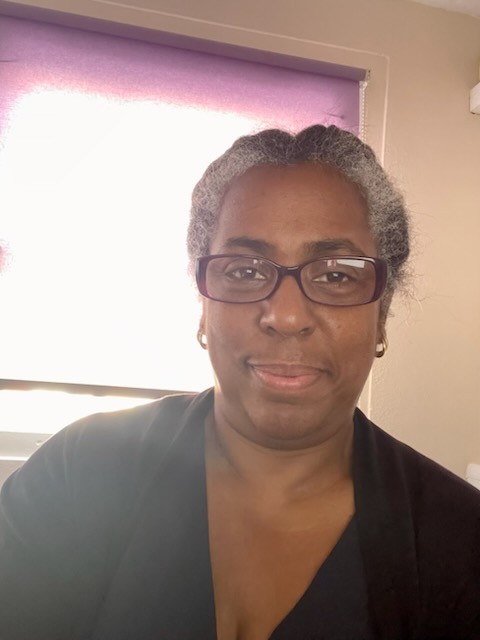
Mary Thomas
With a Humanistic Integrative approach, this counsellor places the client at the centre of the therapeutic process, adapting their work to suit each person’s needs and experiences. Their practice draws on person-centred, psychodynamic and CBT-informed approaches, allowing flexibility to explore past influences, understand present challenges and develop practical ways of managing difficult emotions. They have experience supporting clients with anxiety, depression, trauma, low self-esteem, relationship difficulties and identity questions, and have worked within NHS women’s services as well as with individuals affected by domestic violence and family difficulties. Their work is inclusive of LGBTQ+ and neurodiverse clients, and is grounded in creating a safe, respectful and non-judgemental therapeutic relationship where clients can explore their experiences and build greater self-understanding.

James Donaldson
James is an experienced counsellor and psychotherapist with over 21 years of clinical practice supporting people facing trauma, PTSD, depression, anxiety, bereavement, and relationship difficulties. He has worked across NHS primary care services, the armed forces community, and private practice, providing therapy both in person and online. With a Master’s degree in counselling and psychotherapy and membership of the British Association for Counselling and Psychotherapy (BACP), James works to established ethical standards while using an integrative approach informed by evidence-based methods. His additional training in mindfulness teaching, clinical hypnotherapy, NLP and performance coaching allows him to tailor therapy to each client’s needs and goals.
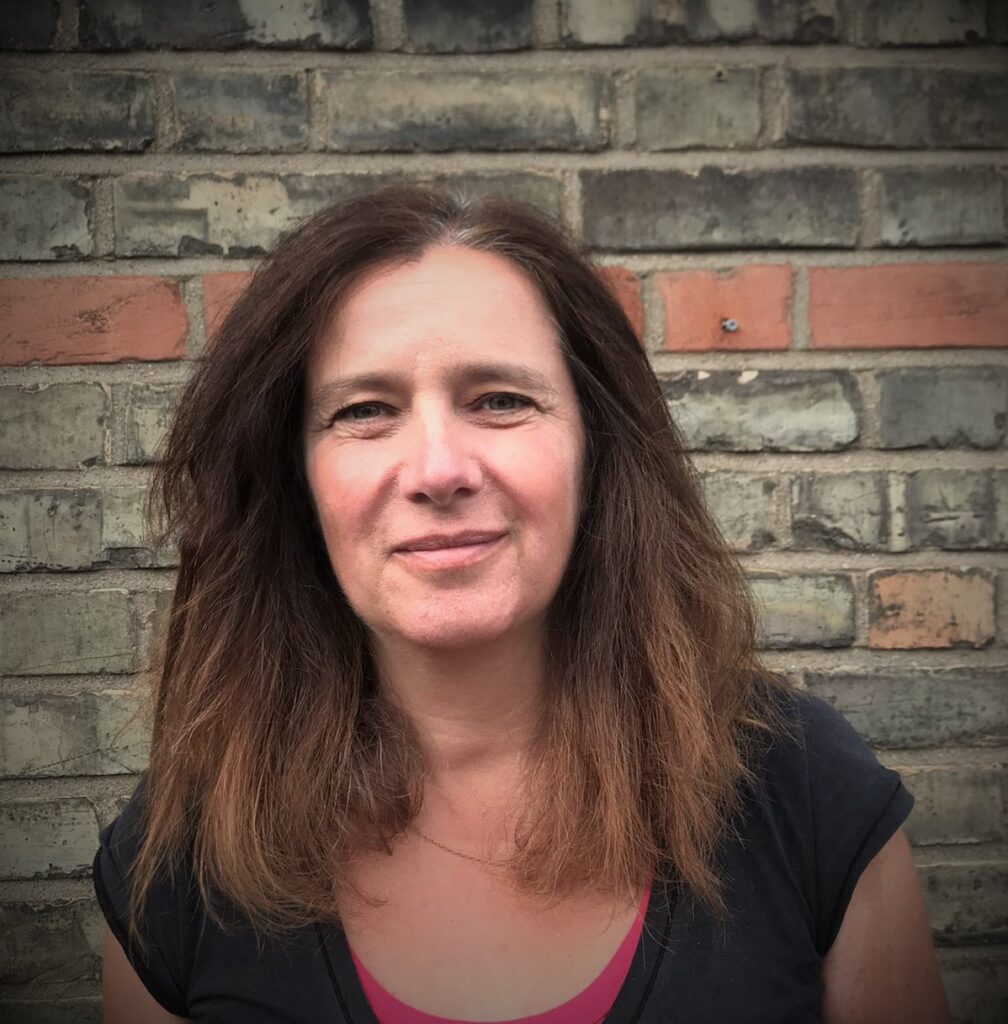
Julia Garden
Accredited by the National Counselling Society and Professional Standards Authority, I qualified as a Cognitive Behavioural Therapist (CBT) with a Distinction from the College of Behavioural Therapies. I specialise in REBT (Rational Emotive Behavioural Therapy), a form of CBT Therapy. REBT is a goal orientated model and proven to work, looking at the person as a whole and focusses on each person’s potential. REBT looks at the way we think and teaches us to be less rigid in our thoughts. I will look at what is causing you issues and teach you a model that will help you achieve a more balanced way of thinking, result in long lasting emotional and behavioural change. This effective approach combined with other CBT therapies such as Compassionate Focussed Therapy, Acceptance Commitment Therapy and Solution Focussed Therapy can help you find strategies to cope with life’s problems and help manage emotions, empowering you to become your own therapist. With a good therapeutic working relationship, I hope to find the most effective way of working with you.
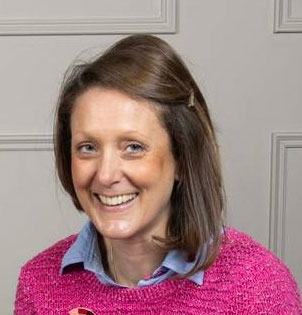
Sarah Edmonds
I am an HCPC-registered Art Psychotherapist and founder of The Small Studio. I specialise in working with bereavement, grief and loss, supporting children, young people and adults. My experience includes various NHS services, community organisations and dedicated bereavement services. I have a further specialism in working with traumatically bereaved clients, including sudden, unexpected or violent deaths. Traumatic grief often brings shock, distress and trauma responses alongside deep loss. My work is always trauma-informed and offers a gentle and carefully held space to process these experiences, at a manageable pace.
